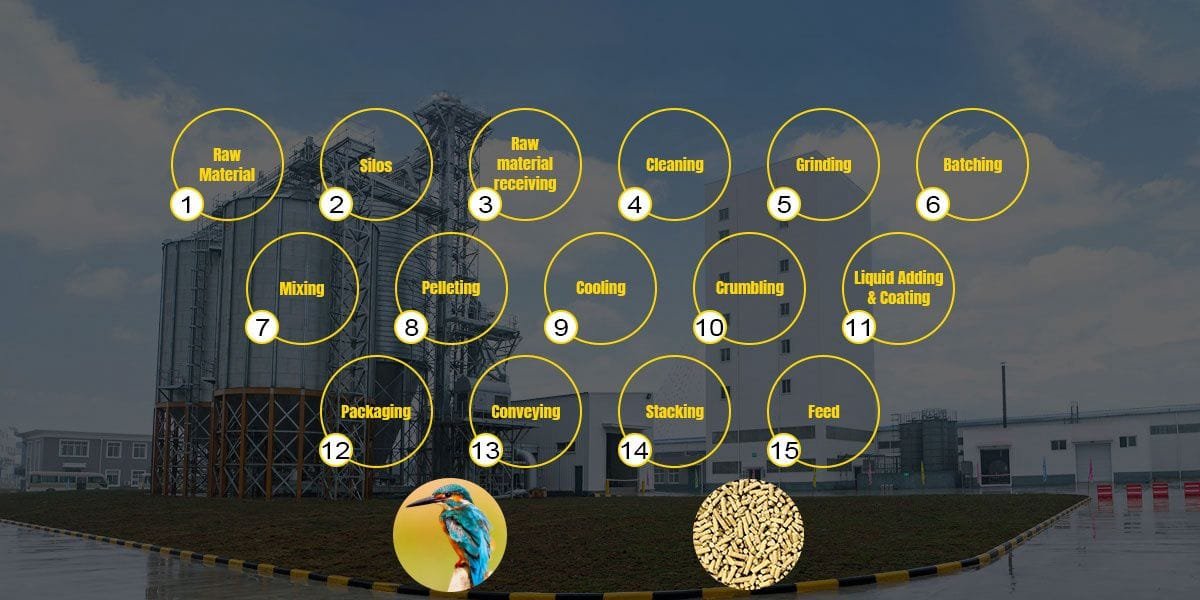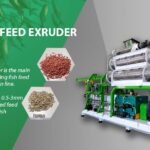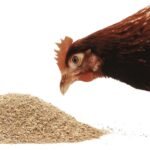In the intricate world of avian care and conservation, providing high-quality nutrition is paramount for ensuring the well-being and survival of our feathered friends. From backyard songbirds to exotic species in captivity, birds require carefully formulated diets tailored to their specific nutritional needs. Bird food factories are specialized facilities dedicated to manufacturing nutritionally balanced and palatable feed for a wide range of avian species, supporting both domestic and wild bird populations.
The Importance of Avian Nutrition
Avian nutrition is a complex discipline, as birds have unique physiological requirements that differ from other animals. Providing a balanced and complete diet is essential for maintaining avian health, promoting optimal growth and development, and supporting successful breeding and conservation efforts. The significance of avian nutrition includes:
- Feather Health: Proper nutrition is crucial for the development and maintenance of healthy feathers, essential for flight, insulation, and overall well-being.
- Reproductive Success: Adequate nutrition ensures successful breeding, proper egg production, incubation, and chick development, supporting the conservation of endangered or threatened bird species.
- Immune Function: A well-balanced diet helps maintain a strong immune system, reducing disease risk and ensuring overall health and resilience.
- Behavioral Health: Appropriate nutrition influences avian behavior, promoting natural behaviors and reducing stress, which is essential for the well-being of captive birds and successful reintroduction programs.
- Conservation Efforts: By providing high-quality nutrition, bird food factories support avian species conservation, ensuring the health and survival of both wild and captive populations.
The Role of Bird Food Factories
Bird food factory is essential for supporting avian health and conservation by manufacturing high-quality, nutritionally balanced feed formulations tailored to various bird species. These facilities offer numerous benefits:
- Consistent Product Quality: Advanced technologies and quality control measures ensure feed with consistent nutrient profiles, promoting optimal avian health and development.
- Customized Formulations: Facilities can produce feed tailored to different bird species, life stages, and environmental conditions, optimizing growth, reproduction, and overall well-being.
- Efficient Production: Modern bird food factories leverage automation and process optimization to maximize output and minimize waste.
- Sustainability: Incorporating sustainable practices like alternative protein sources, waste reduction strategies, and energy-efficient technologies promotes environmental responsibility.
- Economic Opportunities: Investing in bird food factories creates jobs, stimulates local economies, and supports the growth of the avian industry and conservation efforts.
Key Components of a Bird Food Factory
A successful bird food factory operation integrates various components to ensure efficient and sustainable production:
- Raw Material Handling and Storage: Facilities for receiving, storing, and handling raw materials like grains, oilseeds, protein sources, vitamins, and minerals.
- Grinding and Mixing: Equipment to achieve desired particle size and homogeneous ingredient distribution in the bird feed formulation.
- Pelleting and Extrusion: Systems for producing high-quality, durable feed pellets or extruded products.
- Drying and Cooling: Systems to remove excess moisture, ensuring feed stability and shelf life.
- Quality Control and Testing: Comprehensive measures, including laboratory testing, ensure the final product meets nutritional and safety standards.
- Packaging and Storage: Facilities to maintain feed quality during transportation and distribution.
- Automation and Process Control: Systems to ensure consistent quality, maximize efficiency, and minimize downtime.
- Auxiliary Systems: Additional equipment like material handling, dust collection, and process control systems for efficient operations.
Related post: https://www.richipelletmachine.com/bird-feed-machine/
Factors Influencing Bird Food Factory Success
Several critical factors influence the success of bird food factories:
- Raw Material Sourcing and Supply Chain Management: Reliable and cost-effective raw material supply is crucial for consistent production.
- Formulation Expertise: Skilled avian nutritionists and feed formulators develop balanced and optimized bird feed formulations.
- Technology and Automation: Advanced technologies and automation enhance production efficiency, reduce labor costs, and improve quality.
- Energy Efficiency and Sustainability: Energy-efficient technologies and sustainable practices reduce operational costs and environmental impact.
- Regulatory Compliance: Adhering to feed safety, quality, and environmental regulations ensures long-term viability.
- Skilled Workforce and Training: A well-trained workforce ensures efficient operation and maintenance of the feed mill.
- Continuous Improvement: Regular equipment upgrades, process refinements, and new technologies drive long-term efficiency and competitiveness.
Opportunities and Future Outlook
As global awareness of avian conservation and responsible bird care grows, the demand for high-quality bird feed is expected to rise. The future outlook includes:
- Increasing Avian Conservation Efforts: Growing emphasis on protecting endangered and threatened bird species will drive demand for specialized bird feed formulations for captive breeding and reintroduction programs.
- Technological Advancements: Ongoing research and development in avian nutrition, ingredient optimization, and production processes will enhance bird feed products.
- Sustainable Practices: Adoption of sustainable practices like alternative protein sources, waste reduction strategies, and renewable energy will grow in importance.
- Precision Avian Nutrition: Techniques like individualized feeding strategies and real-time monitoring will drive the need for specialized bird feed formulations.
- International Collaboration and Investment: Global collaboration and investment in avian conservation and responsible bird care will drive new bird food factory developments, fostering economic growth and technological advancements.
Conclusion
Bird food factories are crucial for supporting avian health and conservation efforts. Investing in these specialized facilities helps meet the rising demand for high-quality bird feed while promoting sustainable practices and economic development. As the importance of avian conservation and responsible bird care grows, bird food factories will continue to drive innovation and prosperity in this vital industry, ensuring a more sustainable and prosperous future for avian species worldwide.
For details please contact: Richi manufacture
WhatsApp:86 138 3838 9622
Email:enquiry@richipelletmachine.com


